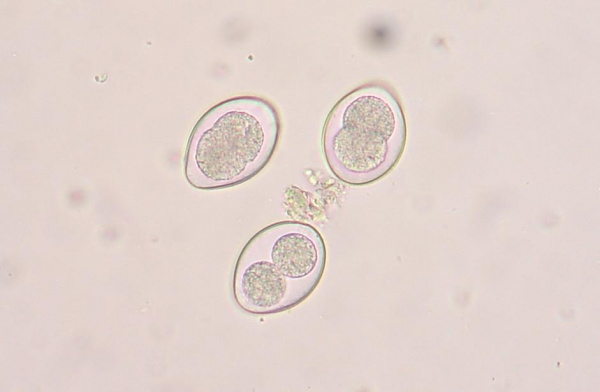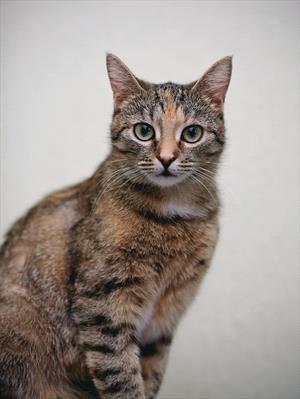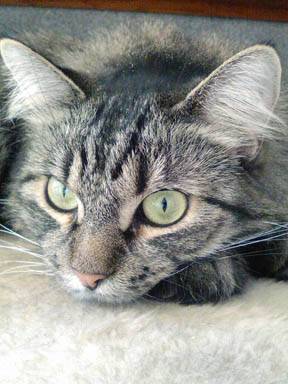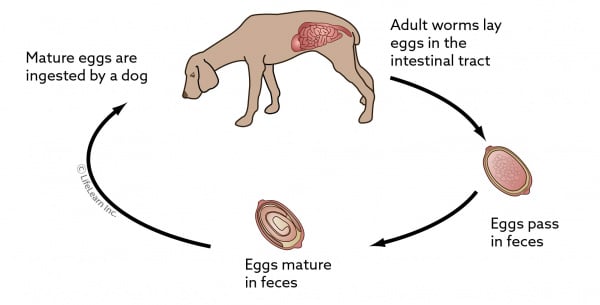Coccidiosis Cats Treatment Merck
Whilst there is no licensed treatment for coccidiosis in cats effective medications are available.
Coccidiosis cats treatment merck. There are also ways to eliminate risk factors from your cat s environment. Can i become catch coccidiosis from my cat. Supportive care such as intravenous fluids to treat dehydration and nutritional support while the cat s immune system clears the parasite. It is not possible to kill the parasite but medications can be given which inhibit coccidial reproduction.
The usual treatment is with a sulfa type antibiotic such as sulfadimethoxine or trimethoprim sulfa. Coccidiostats can be administered to a herd immediately after diagnosis or as a preventive in predictable situations such as those mentioned above. Most coccidiostats have a depressant effect on the early first stage schizonts and are therefore more appropriately used for control instead of treatment. Treatment may be unnecessary in cats because they usually spontaneously eliminate the infection.
Merck snags elanco s coccidiosis treatment for 55 million the sale of vecoxan marks elanco s third product divestment in north america this year february 20 2020 elanco animal health has unloaded its proprietary oral drench treatment for coccidiosis in calves and lambs to merck animal health in an all cash deal totaling 55 million. Coccidia belong to a group of single celled parasites called protozoan. Usually coccidiosis is associated with other infectious agents immunosuppression or stress. It is typically administered for 5 20 days.
Treatment may be unnecessary in cats because they usually spontaneously eliminate the infection. Treatment and control of these coccidia are similar to that in poultry. In clinically affected cats trimethoprim sulfonamide 30 60 mg kg day for 6 days can be used. Usually coccidiosis is associated with other infectious agents immunosuppression or stress.
The most common drug used to treat coccidiosis is a sulfa class antibiotic sulfadimethoxine. Diagnosis and treatment are similar to those for cattle and sheep. If the sulfa drug is not effective other treatments are available. Soluble sulfonamides are commonly administered orally to calves with clinical coccidiosis and are perceived to be more effective than intestinal sulfonamide formulations boluses.
However amprolium appears to be of little use. Sulfadimidine at 55 g tonne is also effective for control of coccidiosis in goats. It is thought that 5 of all cats acquire coccidiosis at some point in their lives. It is not possible to kill the parasite but medications can be given which inhibit coccidial reproduction.
In clinically affected cats trimethoprim sulfonamide 30 60 mg kg day for 6 days can be used. Monensin and salinomycin are the approved drugs for quail and lasalocid and sulfadimethoxine ormetoprim are the approved drugs for chukars.














:max_bytes(150000):strip_icc()/GettyImages-950536636-346755aba4ab42b99eaebf3e7874a686.jpg)



